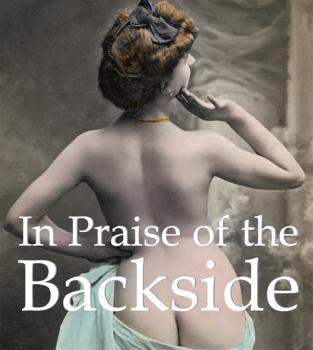Hans-Jurgen Dopp
Список книг автора Hans-Jurgen DoppVoluptés Orientales
Les cultures traditionnelles chinoise et japonaise demandent aux femmes de savoir accéder aux désirs des hommes. Cela fait partie intégrante de leur éducation. Ces anciennes gravures, peintures et estampes chinoises et japonaises, toujours saisissantes de couleurs, constituent un hymne aux plaisirs de la chair et aux jeux de l’amour. Les plus beaux exemples se trouvent dans les livres de mariage, habituellement offerts aux jeunes épousées et illustrations de leurs nuits de noce. L’auteur Hans-Jürgen Döpp, à travers un texte complet et vivant, révèle le fonctionnement des relations entre les hommes et femmes orientaux, qui n’oubliaient jamais la valeur de l’amour.
Music & Eros
Music is not only a pleasure for the ear, it is the echo of the heartbeat, breath and desire. Professor Döpp revisits music as the catalyst for dance, love and sex. From the music sheet to dance and through instruments, music is the expression of our profound desires and most violent passions. The text revisits the history of music and art from the dances of the first men to pop and electronic music and through belly dance. Music and Eros take us on a time-travelling journey to discover the interaction of music and sex.
Erotic Fantasy
Numerous and diverse points of view come together in this work, demonstrating the multiple aspects that sexuality can present. If nothing is more natural than sexual desire, it is nothing less than the forms by which this desire is expressed and found to satisfy. This book invites you on a special journey, into the universe of emotion, of pleasure and desire.
Encyclopaedia Erotica
What happened to the insolence of the 18th-century libertines or to the carefree excesses of the Belle Époque and its legalized brothels? They have merely been inhibited and buried by the nowadays political correctness and the aggressive one-eyed morality. This book disregards conventional thinking and presents 800 reproductions that illustrate erotic art from Ancient Greece down to the present era in both Europe and Asia: when reproduction is not seen as an end in itself. With no hesitation nor inhibition, the author explains why erotic art is a key factor of societal development.
In Praise of the Backside
Mega Square In Praise of the Backside celebrates the most sensual part of the female body. The insightful text by Hans-Jürgen Döpp discusses the backside as a feature that stands for both powerful eroticism and supple femininity, seducing famous artists from every genre. This title is sure to entice and delight a wide audience with its lively, provocative images.
Forbidden Asia
Since The Turkish Baths (1863) by the French painter Ingres, the Far Eastern woman has, to many, been a symbol of out of reach or forbidden pleasures. Seafaring explorers, military adventurers and simple travellers from Europe over the centuries have all been enthralled by the exotic nature of the Asian woman, her foreignness accentuated by the gentle pallor of her skin. Thus arose the myth that she, of all women, was in possession of the knowledge of certain refined pleasures.





